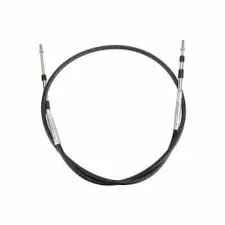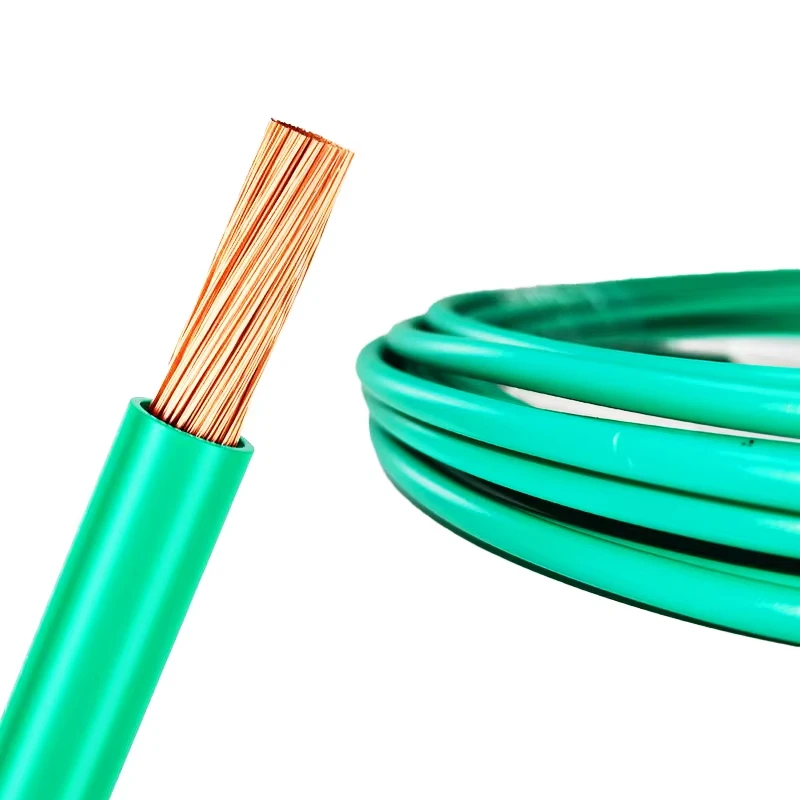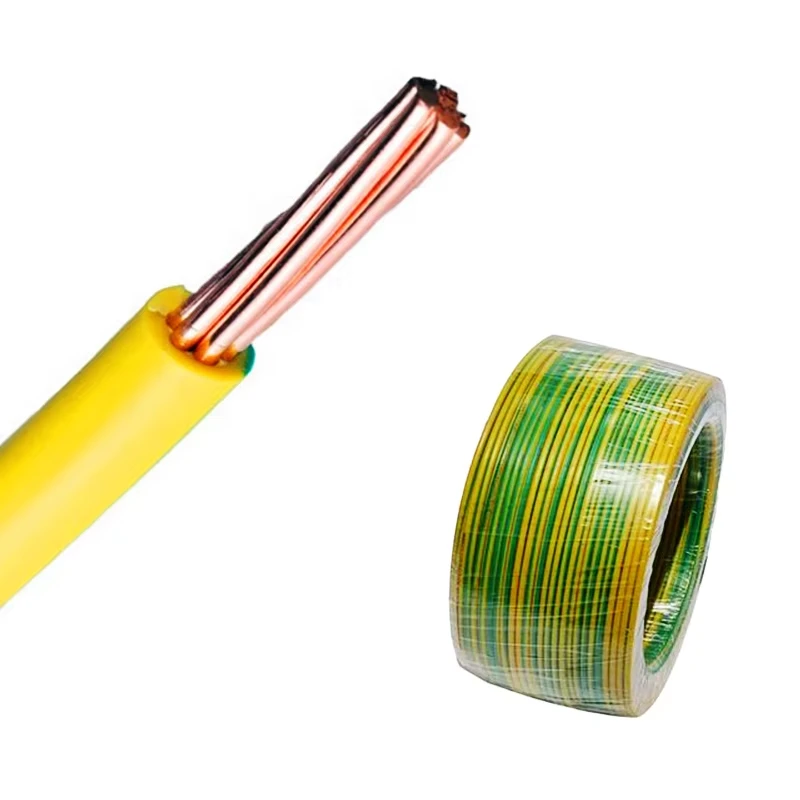
Pricing Guide for Mineral Insulated Heaters and Related Products
Understanding Mineral Insulated Heater Pricing
Mineral insulated heaters are essential components across various industries, providing reliable heat solutions in demanding environments. Applications range from petrochemical plants to food processing and even in residential settings. The pricing of these specialized heaters can vary significantly based on several factors, and understanding these can assist businesses and consumers in making informed decisions.
What is a Mineral Insulated Heater?
Mineral insulated heaters consist of a metallic sheath (usually stainless steel or Inconel) that encases heating elements made of nichrome or other resistive materials. This construction allows for rapid heat transfer and significant thermal efficiency. The ‘mineral insulation’ refers to the insulating material—typically magnesium oxide—that is packed around the heating element, providing excellent thermal conductivity and electrical insulation.
Factors Influencing Pricing
1. Specifications and Customization The cost of mineral insulated heaters is heavily influenced by their specifications. Standard models are more economical due to mass production, while custom designs tailored to specific needs, such as unique lengths, diameters, or connector types, come at a premium. Customization often involves additional engineering resources, which can raise the price.
2. Material Quality The materials used in the manufacturing process contribute significantly to the overall cost. For instance, premium-grade metals that withstand high temperatures and corrosive environments command higher prices. Investing in high-quality materials can ensure longevity and reduce maintenance costs in the long run.
3. Length and Watt Density The length and watt density of the heater also affect pricing. Generally, longer heaters or those with higher watt densities (which produce more heat per unit of surface area) tend to be more expensive. Customers must balance the heating requirements of their application with budget constraints.
mineral insulated heater pricelist

4. Heat Transfer Applications Different applications may require specialized heaters. For example, heaters used in industrial processes may need to be more robust and resistant to thermal shock compared to those used for domestic applications. Heaters designed for critical processes that require precise temperature control may also incur higher costs due to advanced technology and reliability features.
5. Volume Orders and Bulk Pricing Purchasing in bulk can significantly reduce the price per unit. Many manufacturers offer tiered pricing structures that incentivize larger orders, making it crucial for businesses to evaluate their long-term heating needs.
6. Supplier Reputation and Warranty A reliable supplier often offers better warranty options and customer support, which can justify a higher price. Investing in a well-reviewed product from a reputable manufacturer can provide additional assurance regarding performance and durability.
General Price Ranges
While specific prices can vary based on the above factors, a rough estimate can provide a benchmark. Basic mineral insulated heaters might start at around $100 to $200 for standard configurations, while custom heaters can range from $300 to several thousand dollars, depending on complexity, length, and other specifications.
Final Thoughts
Choosing the right mineral insulated heater requires careful consideration of application-specific needs and budget constraints. Potential buyers should not only look at the initial cost but also weigh factors such as energy efficiency, expected lifespan, and maintenance costs. Additionally, consulting with manufacturers or suppliers can provide valuable insights and help to identify the most cost-effective solutions for practical heating challenges.
Understanding the pricing structure of mineral insulated heaters will enable businesses to make well-informed purchasing decisions. As industries evolve and energy demands increase, investing in high-quality heating solutions becomes ever more critical for operational success and sustainability. By considering the factors discussed and leveraging the available resources, one can ensure that their investment in mineral insulated heaters is both practical and economically sound.
-
The Quantum Leap of XLPE Cable in Power DistributionNewsMay.29,2025
-
Mastering the Essentials of Building WireNewsMay.29,2025
-
Innovative Horizons of Rubber Trailing CablesNewsMay.29,2025
-
Exploring the Versatile World of Rubber CablesNewsMay.29,2025
-
Decoding the Mysteries of Building CablesNewsMay.29,2025
-
Advancements Redefining Control Cable TechnologyNewsMay.29,2025
-
Why It's Time to Replace Old Rubber CablesNewsMay.28,2025














